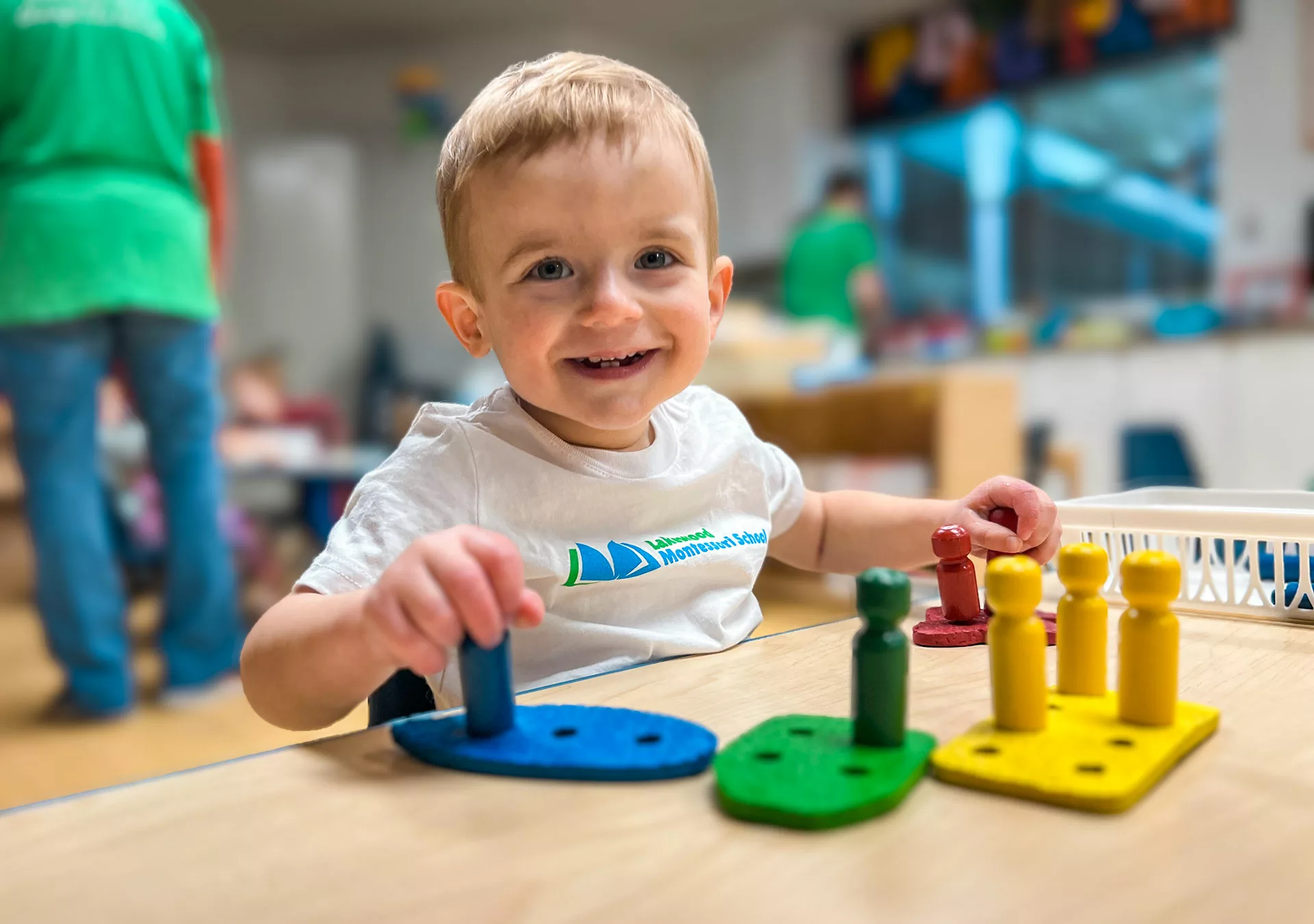Welcome to a world where learning is an adventure, and every moment holds the potential for discovery. At Lakewood Montessori, we believe in unlocking the power of play—a cornerstone of the Montessori education philosophy. In this blog post, we'll delve into the importance of play in the Montessori approach and its profound impact on child development and share practical tips for incorporating purposeful play at home.
The Role of Play in Montessori Education
At the heart of Montessori education is the recognition that play is not just a pastime but a fundamental vehicle for learning. Maria Montessori, the visionary educator behind the method, believed that play is the work of the child—a natural process through which they explore, experiment, and internalize essential concepts. In Montessori classrooms, carefully designed and curated materials facilitate purposeful play, promoting hands-on learning and fostering a deep understanding of abstract concepts.
Impact on Child Development
Play is a powerful catalyst for holistic child development in the Montessori context. It goes beyond entertainment, serving as a cognitive, social, emotional, and physical growth medium. Through play, children develop problem-solving skills, enhance their creativity, and cultivate a sense of independence. Moreover, play fosters collaboration, communication, and the ability to work in harmony with others—a reflection of the social values inherent in the Montessori philosophy.

Practical Tips for Purposeful Play at Home
Bringing the essence of Montessori play into the home environment is a beautiful way to extend the learning journey. Here are some practical tips for parents:
- Create an Inviting Play Space: Designate a specific area in your home for play that encourages exploration and creativity. Ensure an organized space and materials are easily accessible to promote independent learning.
- Rotate Toys and Materials: Introduce a variety of toys and materials that align with your child's developmental stage. Rotating these items keeps playtime fresh and stimulates continued curiosity.
- Encourage Child-Led Play: Follow your child's interests and allow them to guide their play. Whether building with blocks, engaging in imaginative play, or exploring nature, let their curiosity be the compass.
- Limit Screen Time: Foster real-world experiences by limiting screen time. Opt for hands-on activities that engage the senses and promote active learning.
In the Montessori philosophy, play is not a break from learning—it is how we learn. By understanding the profound impact of purposeful play on child development, we can create environments that inspire a love for learning in our children. Embrace the power of play, and watch as your child's journey of discovery unfolds in enriching and joyous ways.
Unlock the potential. Embrace the play. Illuminate the path to a lifetime of learning. This is the Montessori way.
Join our vibrant community on Facebook! Follow @lakewoodmontessorischool for daily insights, behind-the-scenes glimpses, and community updates. Stay connected with the latest in Montessori education, parenting tips, and more. Click here to follow us now: Follow us on Facebook!

